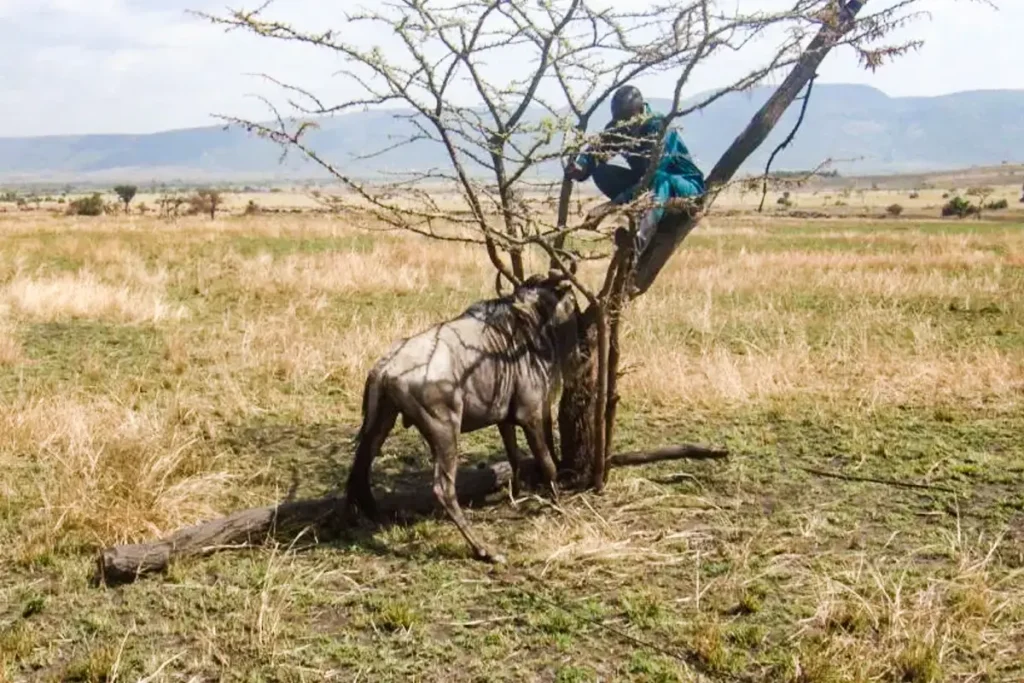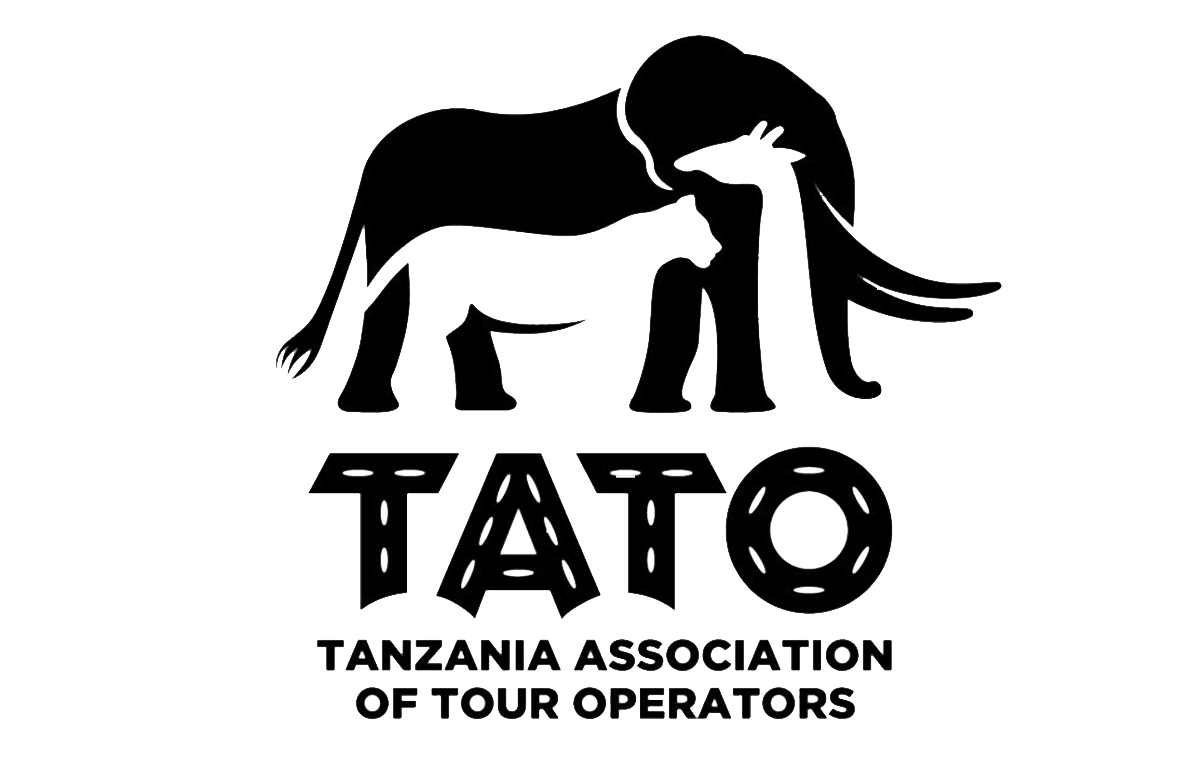Tour Operators Supporting Anti-Poaching Efforts in Tanzania’s Serengeti

Poaching remains one of the most pressing threats to wildlife conservation in Tanzania, particularly in the iconic Serengeti National Park, a UNESCO World Heritage Site and a cornerstone of global biodiversity. The Tanzania Association of Tour Operators (TATO) plays a pivotal role in addressing this challenge by fostering partnerships that unite tour operators, conservation organizations, and park authorities to combat poaching. Through initiatives like the Serengeti De-Snaring Program, TATO and its members are working tirelessly to protect Tanzania’s wildlife heritage, aligning with their mission to promote Tanzania as the world’s premier nature-based tourist destination. This article explores how tour operators, in collaboration with the Tanzania National Parks Authority (TANAPA) and the Frankfurt Zoological Society (FZS), are supporting anti-poaching efforts, particularly through the de-snaring program, and the broader implications for conservation and sustainable tourism in Tanzania.
The Tanzania Association of Tour Operators (TATO): Mission and Vision
TATO, established in 1983, is dedicated to uniting, promoting, and equipping local and international tour operators to position Tanzania as a leading nature-based tourism destination. Its mission emphasizes creating a vibrant and reliable association that meets the needs of its members while fostering a conducive environment for the tourism industry. TATO’s vision prioritizes member satisfaction and aims to enhance the competitiveness of Tanzania’s tourism sector on both regional and global stages.
To achieve these goals, TATO engages in advocacy and lobbying on behalf of its members to influence policy decisions that impact the industry. It conducts research and disseminates critical information to stakeholders, promotes marketable tourism services, and provides training and workshops to elevate industry standards. By forging partnerships between tour operators, government institutions, and conservation organizations, TATO acts as a vital link in promoting sustainable tourism practices that protect Tanzania’s natural heritage, including its wildlife.

The Poaching Crisis in the Serengeti
The Serengeti National Park, renowned for its vast savannahs and the annual wildebeest migration, is home to an extraordinary array of wildlife, including elephants, lions, cheetahs, and rhinos. However, poaching, particularly through the use of wire snares, poses a significant threat to this ecosystem. Snares, often set to capture abundant species like wildebeest for bushmeat, are indiscriminate traps that ensnare and kill non-target species, including predators and endangered animals like elephants. These crude devices not only decimate wildlife populations but also disrupt the ecological balance that sustains the Serengeti’s biodiversity and its appeal as a tourism destination.
The impact of poaching extends beyond wildlife loss. It undermines the tourism industry, which relies heavily on the region’s intact ecosystems and abundant wildlife to attract visitors from around the world. For tour operators, who depend on the Serengeti’s natural splendor to sustain their businesses, combating poaching is not just an environmental imperative but also an economic necessity. Recognizing this, TATO has championed collaborative efforts to address poaching, with the Serengeti De-Snaring Program standing as a flagship initiative of Anti-Poaching Efforts.
The Serengeti De-Snaring Program: A Collaborative Effort
Launched in 2017, the Serengeti De-Snaring Program is a unique partnership between Serengeti National Park management, the Frankfurt Zoological Society (FZS), and tour operators, collectively referred to as SENAPA INVESTORS. This initiative, fully managed by TANAPA, focuses on removing wire snares and freeing trapped animals to curb poaching and protect wildlife. The program employs experienced teams, each led by a park ranger and including at least four reformed poachers, who conduct regular searches in high-risk areas of the Serengeti. Since its inception, the program has achieved remarkable success, removing thousands of snares and releasing hundreds of animals alive from these deadly traps.
The inclusion of former poachers in the de-snaring teams is a strategic and transformative approach. These individuals, with their intimate knowledge of poaching techniques and hotspots, are uniquely positioned to identify and dismantle snares effectively. By providing them with employment opportunities, the program not only reduces poaching activities but also offers economic alternatives to communities that might otherwise rely on illegal hunting for survival. This aligns with TATO’s strategic objective of promoting tour operators’ engagement with local communities to foster sustainable development and protect the interests of individual tourists who visit Tanzania to experience its wildlife.

Role of Tour Operators in Anti-Poaching Efforts
Tour operators, as key stakeholders in Tanzania’s tourism industry, play a critical role in supporting the Serengeti De-Snaring Program which is a part of Tour Operators Supporting Anti-Poaching Efforts in Tanzania’s Serengeti. In 2017, TATO facilitated the establishment of a Memorandum of Understanding (MoU) between FZS, TANAPA, and private-sector tour operators. This agreement formalized the collaboration and led to the creation of the initial de-snaring team, with two additional teams added in subsequent years. Financial support from tour operators, alongside contributions from NGOs like the Lion Recovery Fund and individual donors, forms the backbone of the program’s funding. FZS complements these efforts by providing logistical support, including equipment, vehicle maintenance, and team provisioning.
The involvement of tour operators is driven by their recognition that protecting wildlife is integral to sustaining their businesses. A thriving ecosystem ensures that tourists continue to visit the Serengeti, drawn by the promise of witnessing its diverse wildlife in their natural habitat. By investing in anti-poaching initiatives, tour operators are safeguarding their economic interests while contributing to global conservation goals. TATO’s advocacy and coordination have been instrumental in mobilizing this support, demonstrating how the private sector can work hand-in-hand with conservation organizations and government bodies to achieve shared objectives.
Serengeti Mission Possible: Responding to the COVID-19 Crisis
The COVID-19 pandemic, which began in 2020, dealt a severe blow to Tanzania’s tourism industry, leaving many camps and lodges in the Serengeti empty and causing widespread job losses among tourism workers. This downturn also strained conservation budgets, reducing the resources available for law enforcement and anti-poaching efforts. In response, the Serengeti Mission Possible campaign was launched in Easter 2020 as an emergency relief fund to support additional de-snaring teams and maintain a law enforcement presence in vulnerable areas of the park.
This initiative, supported by TATO and its members, provides a rapid and practical response to the increased poaching risks triggered by the pandemic’s economic fallout. Donations to the campaign, facilitated through the FZS Tanzania Donors Account at CRDB Bank, help supply Serengeti rangers with essential resources to continue their work. The campaign underscores the resilience and commitment of tour operators to conservation, even in the face of unprecedented challenges, and highlights TATO’s role in fostering partnerships that address emerging threats to Tanzania’s wildlife.
Impact and Achievements of the De-Snaring Program
Since its launch, the Serengeti De-Snaring Program has made significant strides in combating poaching. Thousands of snares have been removed, preventing the unnecessary deaths of countless animals. Hundreds of animals, including wildebeest, zebras, and even predators like lions, have been freed from snares, allowing them to return to their natural habitats. These efforts have disrupted snaring and meat poaching operations, reducing the pressure on the Serengeti’s wildlife populations.
The program’s success is a testament to the power of collaboration between TANAPA, FZS, and tour operators, with TATO serving as a critical facilitator. By combining financial support, logistical expertise, and local knowledge, the partnership has created a model for effective conservation that can be replicated in other regions facing similar challenges. The program also aligns with TATO’s objective of promoting a conducive business environment by ensuring that the Serengeti remains a safe and attractive destination for tourists.
Broader Implications for Conservation and Tourism
The Serengeti De-Snaring Program exemplifies how tourism and conservation can work synergistically to achieve sustainable outcomes. By protecting wildlife, tour operators are preserving the very resource that drives their industry, ensuring that future generations of tourists can experience the Serengeti’s natural wonders. This initiative also demonstrates the importance of public-private partnerships in addressing complex environmental challenges. TATO’s advocacy and coordination have been crucial in aligning the interests of tour operators, park authorities, and conservation organizations, creating a unified front against poaching.
Moreover, the program contributes to community development by engaging former poachers and providing them with sustainable livelihoods. This approach not only reduces poaching but also fosters goodwill between conservation authorities and local communities, promoting a shared commitment to protecting Tanzania’s natural heritage. TATO’s emphasis on research and information sharing further supports these efforts by ensuring that stakeholders are well-informed about the latest developments in conservation and tourism.

Future Goals and Expansion
Looking ahead, the Serengeti De-Snaring Program aims to expand its reach by adding more teams, subject to increased financial support and the evolving needs of the park. TATO is committed to mobilizing additional resources from its members and other stakeholders to sustain and scale the program. By continuing to advocate for policy reforms that support conservation, TATO seeks to create a more enabling environment for anti-poaching initiatives and sustainable tourism practices.
The success of the de-snaring program(Anti-Poaching Efforts) also highlights the potential for similar initiatives in other national parks and conservation areas in Tanzania. TATO’s strategic objectives, which include promoting marketable tourism services and facilitating collaboration between tour operators and government institutions, position it as a leader in driving these efforts. By leveraging its platform to influence policy and secure funding, TATO can help replicate the Serengeti model across Tanzania, further solidifying the country’s reputation as a global leader in nature-based tourism.
How to Support the Serengeti De-Snaring Program
Individuals and organizations can contribute to the Serengeti De-Snaring Program through donations to the FZS Tanzania Donors Account. Contributions, such as the suggested €50 donation, directly support the rangers and de-snaring teams by providing essential supplies and resources. Donations can be made to:
- Bank: CRDB (Cooperative and Rural Development Bank)
- Account Name: FZS Tanzania Donors Account
- Account Number: 0250 3011 79701
- BIC/SWIFT: CORUTZTZ
- Bank Address: Meru Branch, PO Box 3132, Arusha, Tanzania
By supporting this initiative, donors are helping to protect the Serengeti’s wildlife and ensure that Tanzania remains a premier safari destination for years to come.
Conclusion
The Serengeti De-Snaring Program is one of the Anti-Poaching Efforts, supported by TATO and its members, represents a beacon of hope in the fight against poaching in Tanzania. Through collaborative efforts with TANAPA, FZS, and private-sector tour operators, the program has made significant strides in protecting the Serengeti’s wildlife and preserving its status as a global tourism treasure. TATO’s commitment to uniting tour operators, advocating for policy reforms, and promoting sustainable tourism practices has been instrumental in driving these efforts. By continuing to support initiatives like the de-snaring program, TATO is not only safeguarding Tanzania’s natural heritage but also ensuring that the country remains a vibrant and competitive destination on the world stage. The fight against poaching is far from over, but with the collective efforts of tour operators, conservationists, and local communities, Tanzania is paving the way for a sustainable future where wildlife and tourism thrive together.

